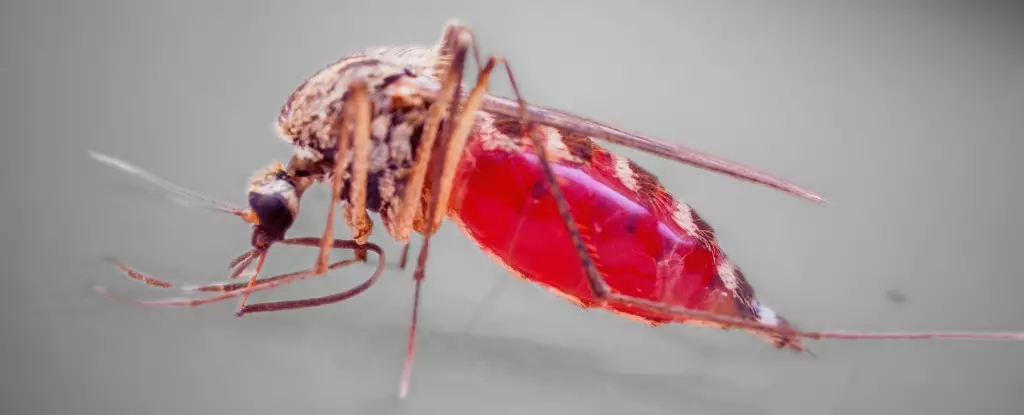The Democratic Republic of Congo (DRC) is currently grappling with an alarming health crisis as an unidentified disease has led to the deaths of dozens in the eastern Panzi region. The outbreak, first identified in late October, has raised considerable concern among health officials. According to the Africa CDC, the prevailing diagnosis points to malaria, a disease long associated with the region, although other possible illnesses are being investigated. The challenge arises not only from the disease itself but also from the underlying conditions that exacerbate its impact, including malnutrition and strained healthcare resources.
Malaria has historically plagued sub-Saharan Africa, particularly in impoverished areas like the DRC. It is caused by parasites transmitted through mosquito bites, and its symptoms can range from fever and malaise to severe complications. The Africa CDC’s chief of staff, Ngashi Ngongo, indicated that while malaria is presently seen as the primary culprit, there exists a possibility of a viral hemorrhagic component that could complicate the illness. This distinction is crucial, as the treatment and management strategies differ significantly based on the diagnosis.
Compounding the outbreak is the region’s high malnutrition rate, recorded at a staggering 61%. This malnutrition is both a contributor to and a consequence of the ongoing health crisis. Poor nutrition not only weakens the immune system, making individuals more susceptible to diseases like malaria but also complicates treatment outcomes. The Africa CDC has noted that a significant proportion of the affected population includes young children, with approximately 40% of cases involving those under the age of five. This demographic vulnerability underscores the urgent need for comprehensive healthcare strategies that address both short-term medical emergencies and long-term nutritional needs.
Accessing healthcare in the DRC remains a considerable challenge, primarily due to inadequate infrastructure and the geographical constraints of the region. Many health facilities are struggling to cope with the increasing number of cases, and additional deaths have been reported at the community level, raising concerns about the accuracy of reported figures. The persistent lack of essentials such as clean drinking water and necessary medications further complicates the situation, leaving residents in a precarious position.
As the situation evolves, the need for a coordinated public health response cannot be overstated. Experts insist that thorough epidemiological investigations are necessary to clarify the disease’s nature while addressing the pressing needs of the affected communities. Policymakers must prioritize health interventions, including the provision of medical supplies and nutritional support, alongside strengthening local healthcare systems.
While the DRC faces a daunting health crisis, recognition of the role of malaria amid malnutrition is crucial for a holistic response. Without immediate action, the societal and health-related implications could reverberate throughout the region, underscoring the interconnectedness of disease management and social well-being.


Leave a Reply